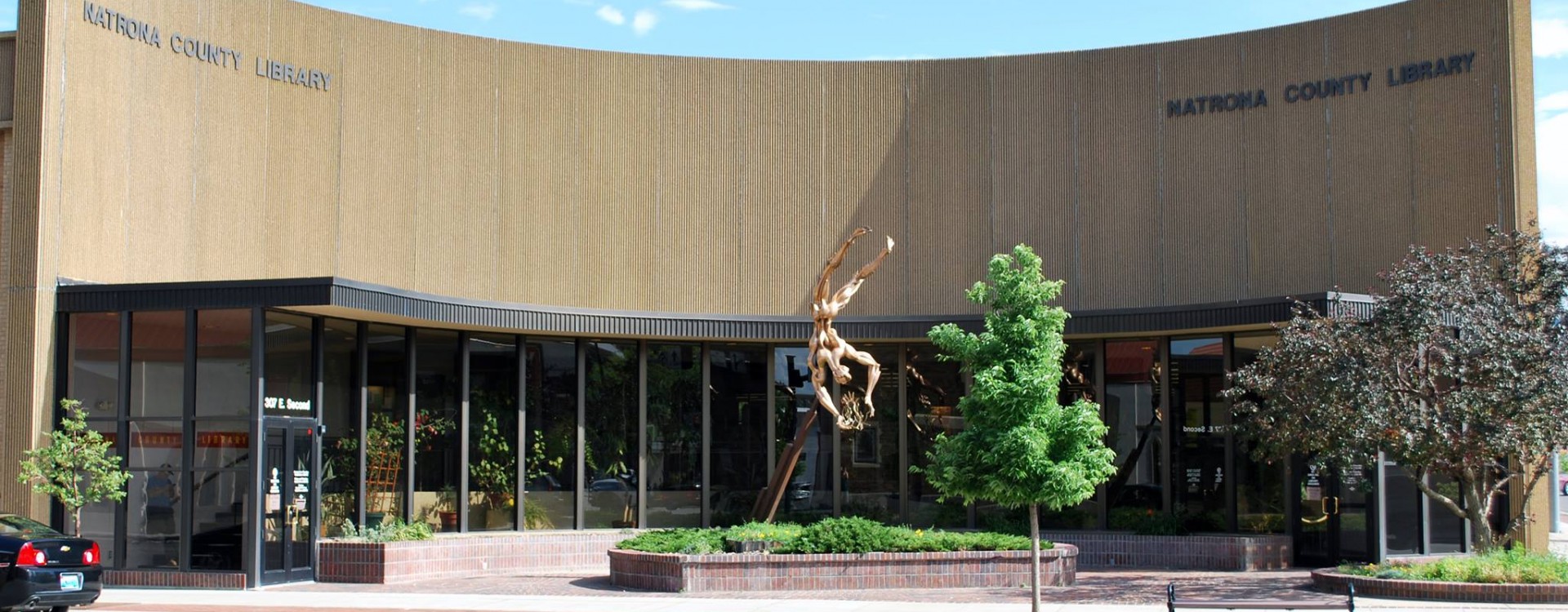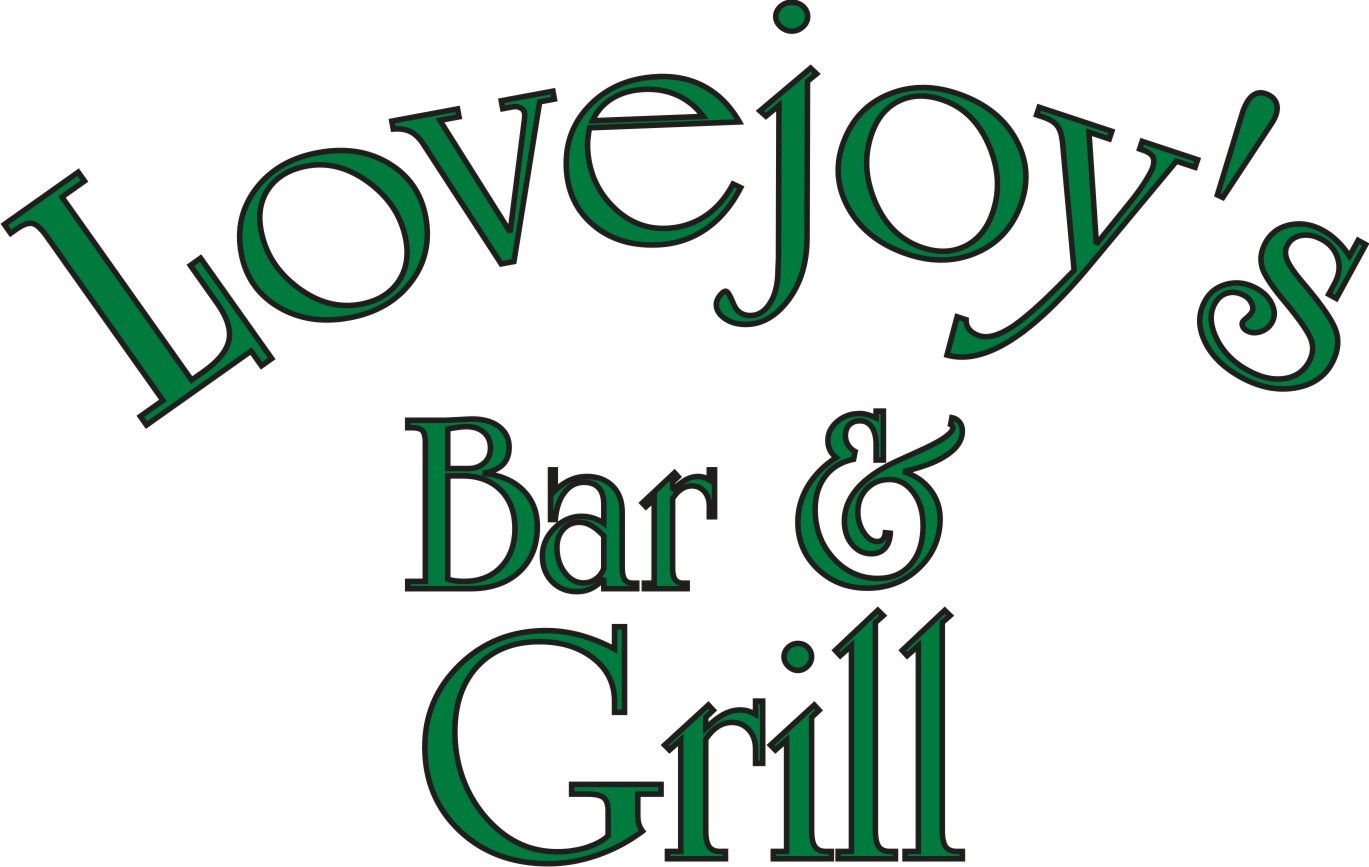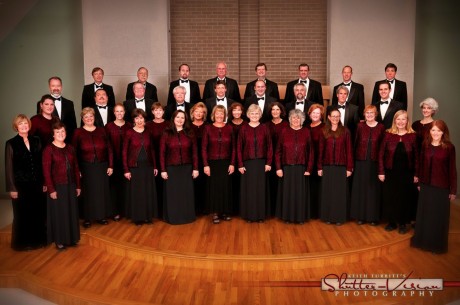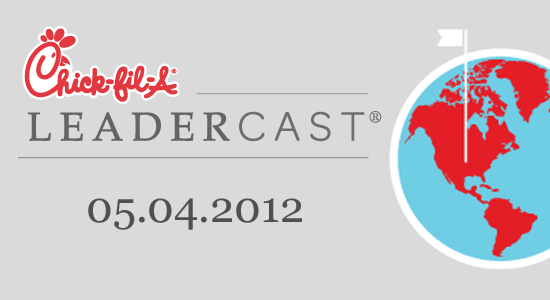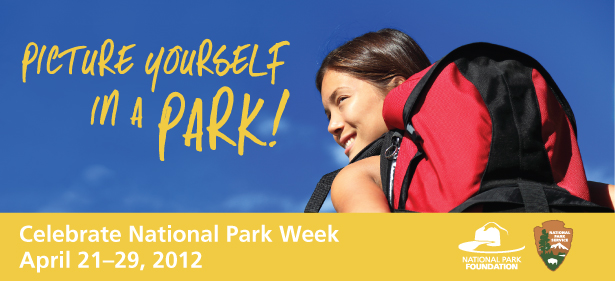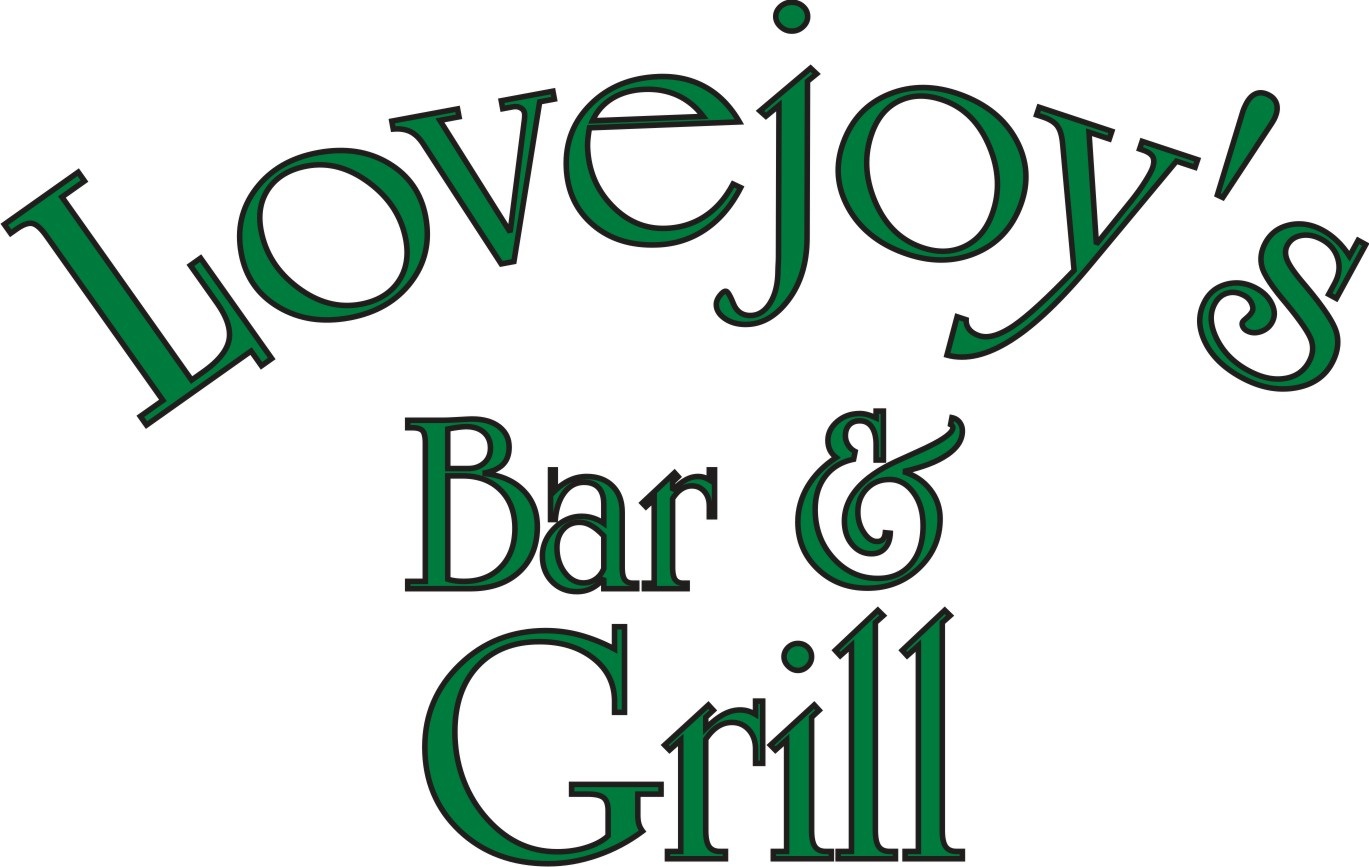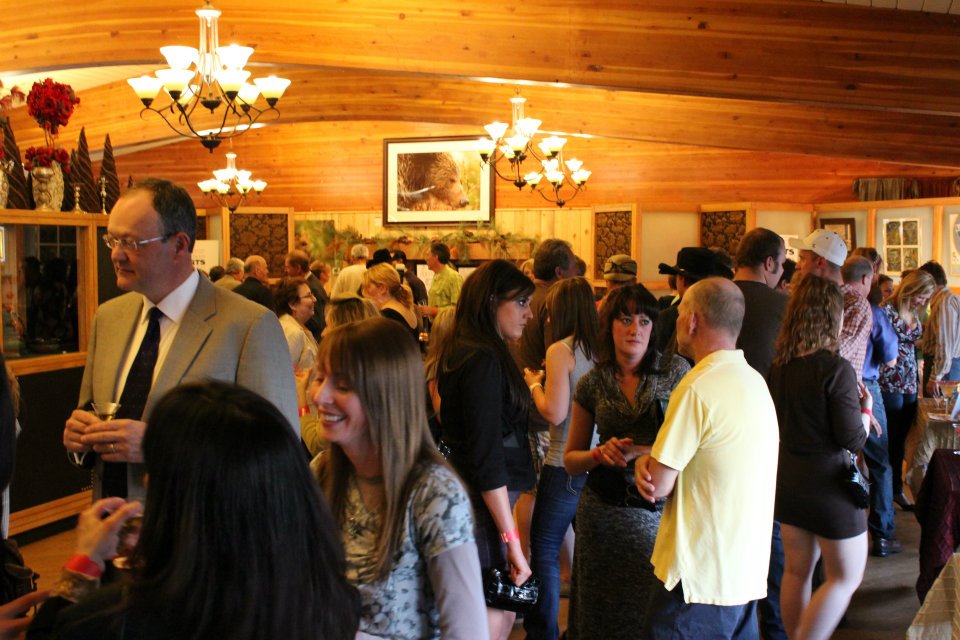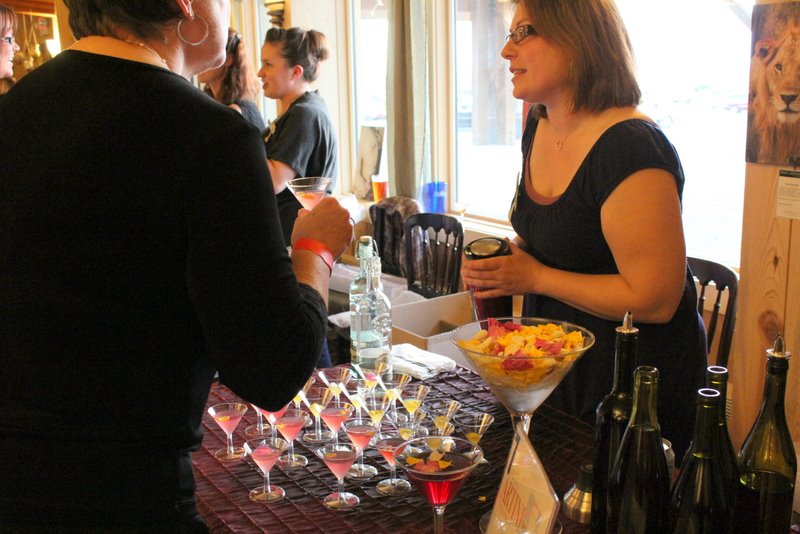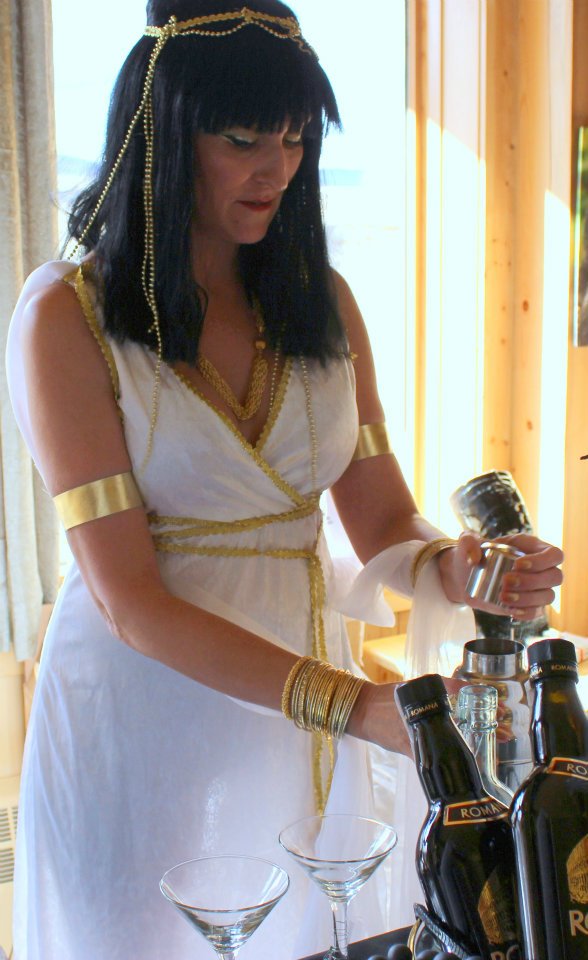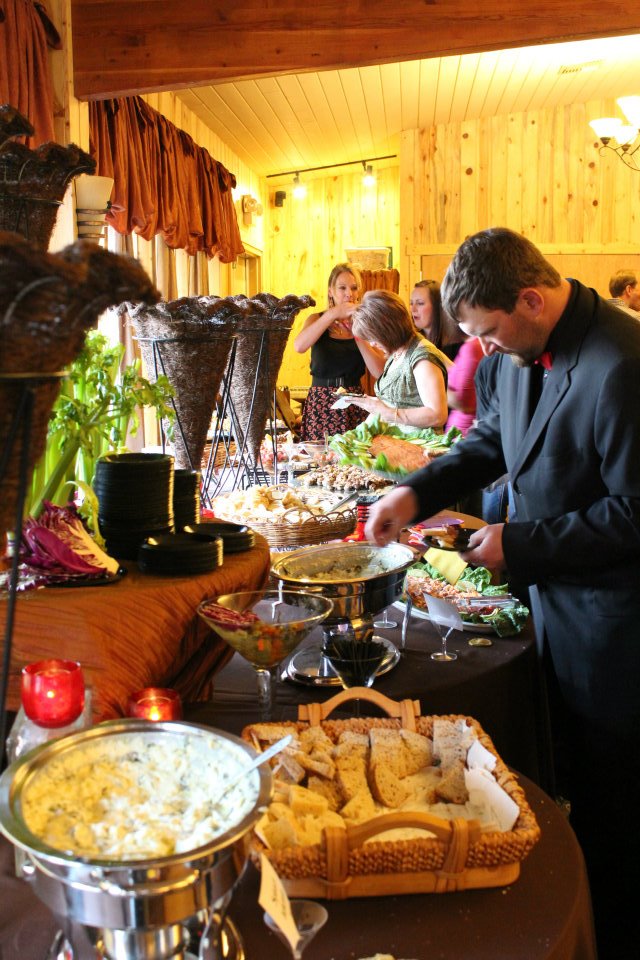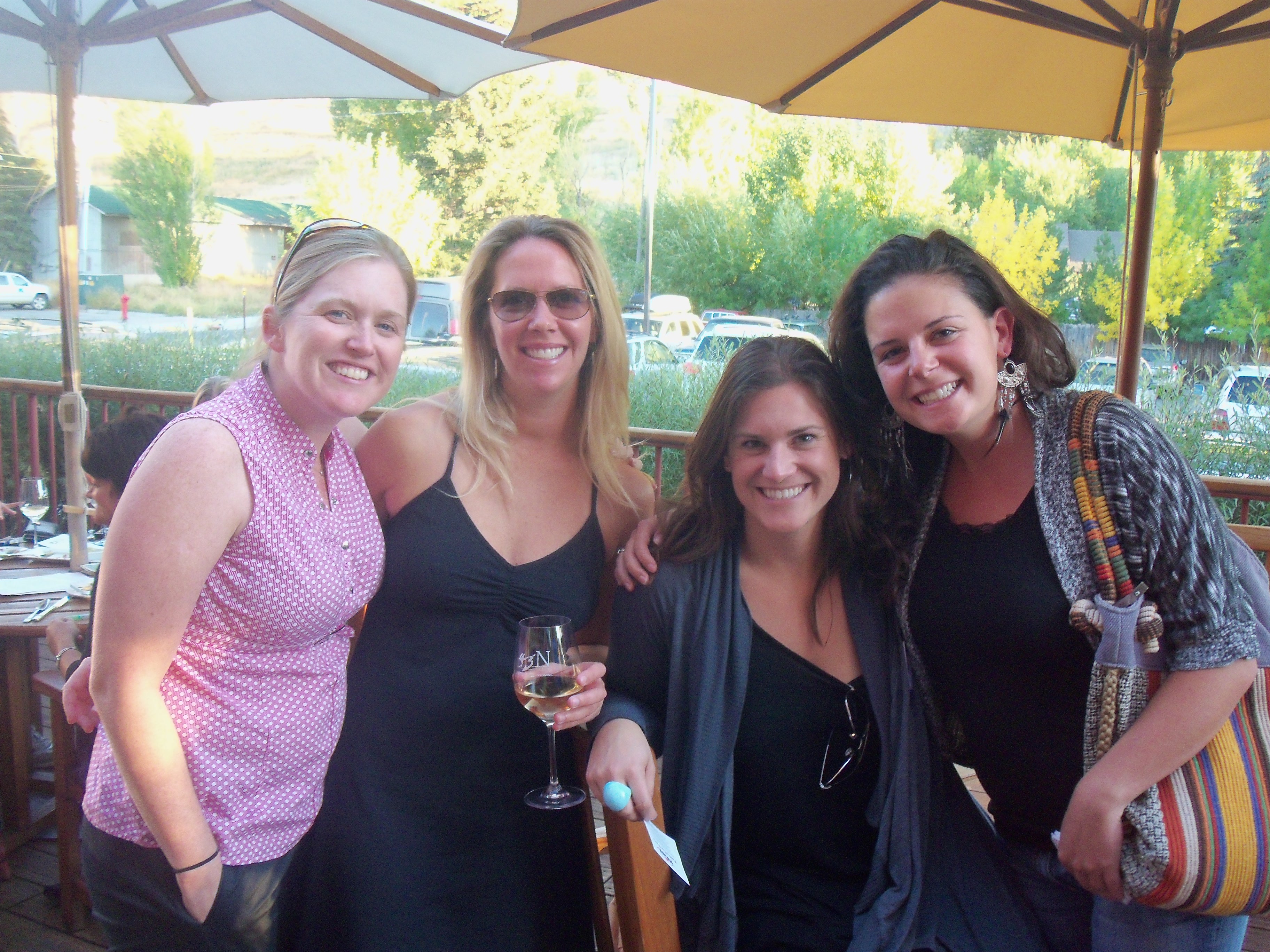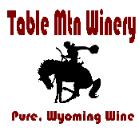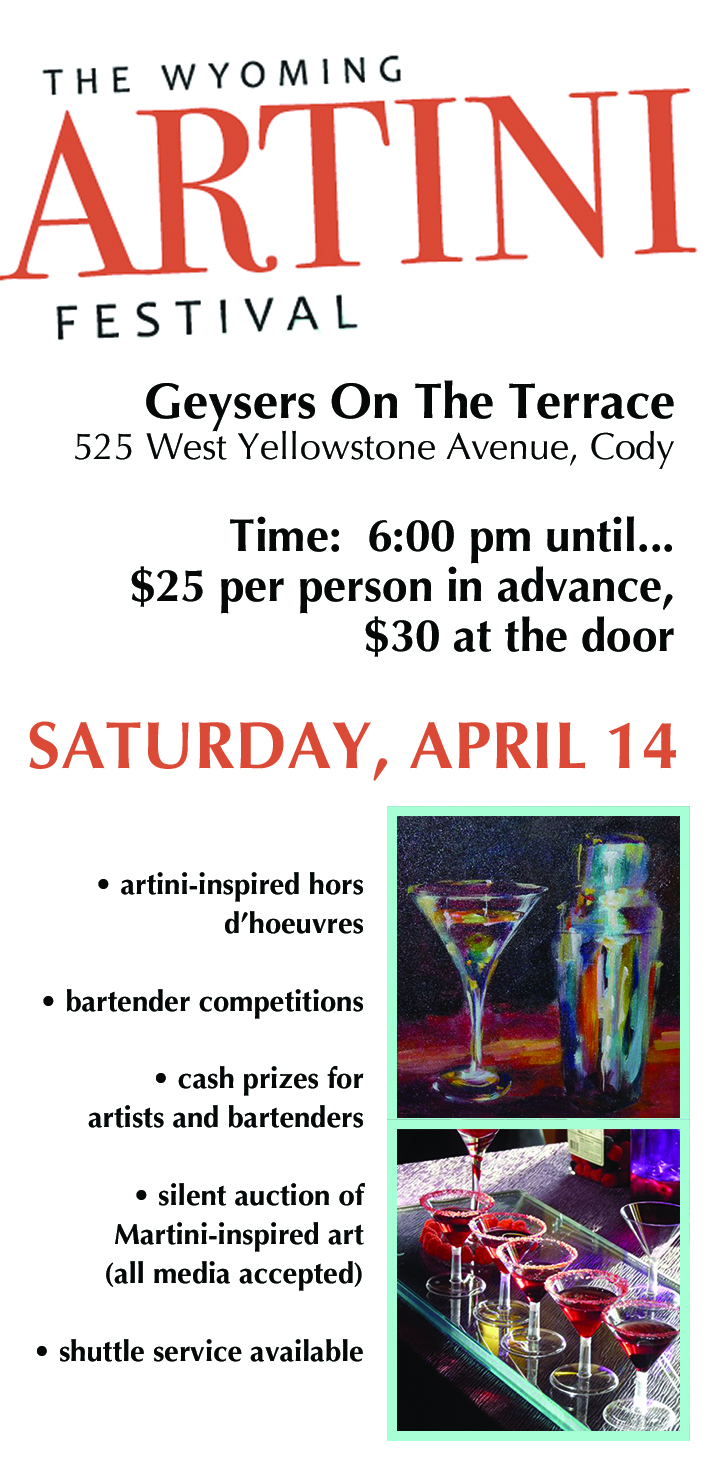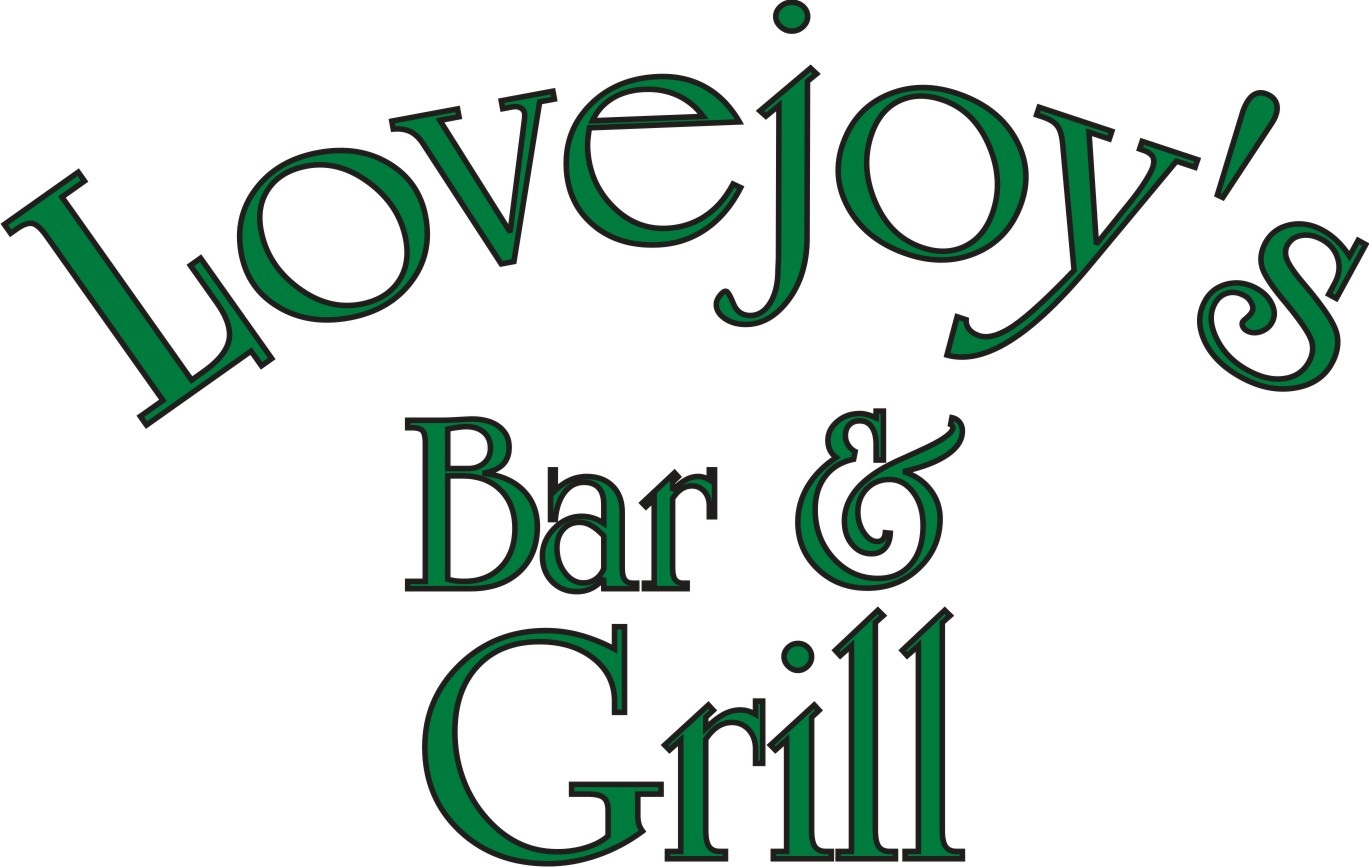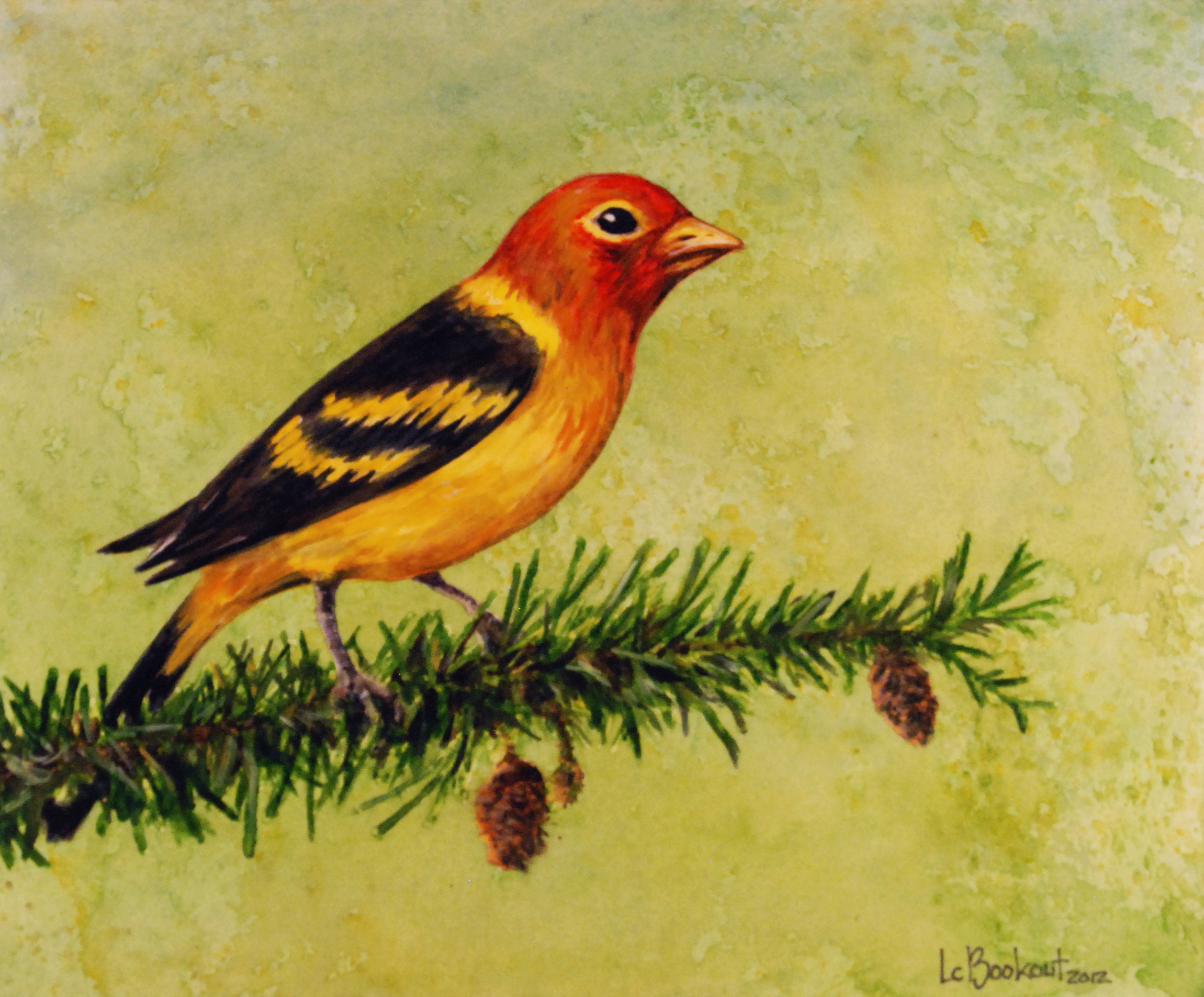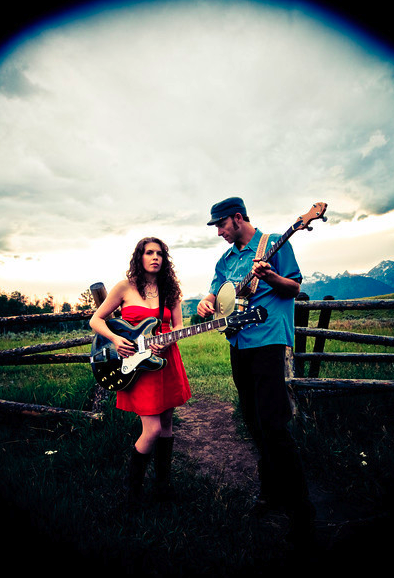LINK TO OUR WEBSITE & READ THE CURRENT ISSUE: www.wyolifestyle.com
Our Sister Publications: Wyoming Weddings — www.wyoweddings.com Wyovore — www.wyovore.com WYO XY — http://www.wyolifestyle.com/WYOXY/index.html
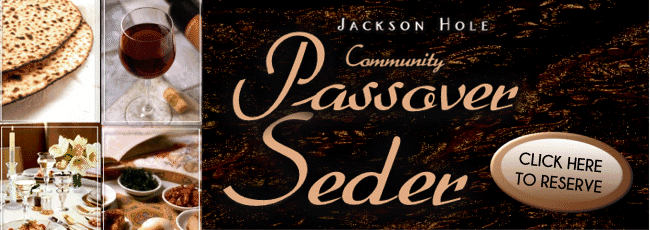
Thank you to Chabad Jewish Center of Wyoming for sharing this information on Passover! Happy Easter and Passover to our friends across Wyoming — Passover begins on April 6 and is celebrated through April 14.
Passover, The Universal Holiday of Freedom
by Howard Goldstein, Jackson, Wyoming
Passover –Pesach in Hebrew– has an interesting distinction. It is not the holiest day of the Jewish calendar—a superlative reserved for Yom Kippur, the Day of Atonement— and it is not the most well-known; most likely, this is Chanukah, a festival that’s modern tradition of gift exchange and temporal proximity to Christmas has resulted in it being the closest thing to a “culturally mainstreamed” Jewish holiday. Despite Passover being neither the most “important religious” holiday nor the one most seemingly accessible to modernity, the central activity of Passover—the Seder— is, in one form or another, the single most widely practiced ritual among Jews worldwide. Like any group of people, individual Jews run the gamut of philosophical convictions from atheism to orthodoxy, with innumerable varying degrees of observance by those in between. Yet regardless of level of personal observance, more of the world’s Jewish population will participate in some form of a Seder than will fast on Yom Kippur, light candles on Chanukah, attend Friday night or Saturday morning Sabbath services, or perform any daily religious ritual. What is it about Passover that makes it the most universally imbedded holiday within worldwide Jewish consciousness?
One possible reason is the story of Passover itself. One does not need to be observant or believing Jew—or even a Jew at all— to appreciate the Torah’s account of the events surrounding Passover. The story of a great spiritual hero chosen by the Omnipresent One to challenge an evil and seemingly invincible tyrant in a (successful) quest to free his people from hundreds of years of slavery and lead them to their great destiny in the Promised Land must surely rank as one of the great epic tales of human history, regardless of whether one regards it as historical fact or allegorical legend. The themes of hope in the face of crushing oppression, deliverance of the innocent from the hands of the cruel, and the ultimate victory of freedom over slavery are universal and indeed has inspired the world beyond the Jewish people; Dante’s description of penitent souls working their way to redemption with allusions to the Hebrews’ song of thanksgiving to God at the Exodus in Purgatorio; American revolutionaries frequent equation of the colonies with the Children of Israel and Great Britain with Egypt (and especially, King George with Pharaoh) in separationist literature; movie mogul C.B. DeMille production of The Ten Commandments, a film which ranks as the fifth highest grossing movie in the United States of all time (when adjusted for inflation) are but a few examples.
Yet this does not fully explain why world Jewry observes the Seder more than any other Jewish ritual. While the themes of hope and freedom present in the Passover story apply to all humanity, only Jews commemorate Passover with an outlined ritual—the Seder—composed of 15 steps including the retelling of the Exodus story, holiday specific prayers, and once a year ritual foods laid out on a special plate. Of course, how much one’s Seder conforms to Jewish religious law varies with the beliefs and inclinations of individuals, but this is the whole point: as the most widely practiced ritual, many Jews who may not perform a single other Jewish ritual all year will participate in this one; even the most intentionally non-religious Seder, not performed to meet religious law and consisting of little more ritualization than a family meal in which matzah is also on the table, is still willing participation and acknowledgement in a specifically Jewish observance.
And that may be the reason. For Jews, Passover is not only the Festival of Freedom, but the origin story of Jewish peoplehood. While the first Jew, Abraham, lived before the events of Passover, it is in the Exodus in which Jews go from a single family line (Abraham, Isaac, Jacob, and Sarah, Rebekkah, Rachel, and Leah) to a nationality; to a group of people. It is in the Passover story that descendants of the last Patriarch Jacob have become a numerous people organized into 12 tribes; that this people is recognized as distinct by another established nation and persecuted; that the collective suffering comes to end when God appoints Moses to lead his people to freedom; and that this exodus concludes with this people’s acceptance and reception of the Torah, the laws upon which Judaism is defined. More Jews participate in Passover more than any other holiday because, for all its many themes and meanings (too numerous and too complex to discuss in this article), Passover is also essentially the holiday that celebrates simply being Jewish.
On April 6, 2012, the world’s orthodox Jewish population will observe [the first night of] Passover, as indeed, they observe all of the holidays and rituals of Judaism, and Jews of innumerable variations in beliefs and lifestyles will participate in innumerable variations of traditional Passover observances, but the most astonishing of this number will be those with little or no religious beliefs at all, who yet will attend some form of a Passover Seder. A person who defines themselves as both a Jew and an atheist may not believe in God or divine authorship of religion, but they do believe in the reality and existence of Jews, and many of these people will attend a Seder precisely because acknowledging Passover, in essence, is acknowledging being part of the Jewish people. Passover is a time for any Jew of any description to reconnect with simply being a Jew.
Passover recipe from www.JewishWyoming.com/passover
Serves 6–8
olive oil
6 green peppers, sliced
4–5 lbs. short ribs
1 large onion, diced small
1 cup dry or semi-dry white wine
3 t. water
3 t. sugar
1 t. potato starch
Method:
Saute the green peppers in oil until they are soft. Remove them from the pot and refrigerate. Add a little oil to the pot and brown the meat on both sides over a medium flame. Reduce the flame, add the onion, and sauté. Add the water and wine to the ribs. Cover and simmer the meat for 8–9 hours, checking and basting it occasionally. Remove the ribs from the pot, reserving the juices. In a small bowl, mix 1 t. water, the sugar, and the potato starch until smooth. Combine this with the reserved juices and heat, stirring, until thick. Add the green peppers to the liquid and then return the meat to the pot. Simmer.
TIP:
Do not cut meat pieces too small as they shrink in cooking, and will therefore dry out much.
About Passover
Passover, beginning this year on the eve of Friday night, April 6, until after nightfall on Saturday, April 14, recalls the Jewish People’s miraculous redemption by G-d from Egyptian slavery more than 3,300 years ago. Directed by G-d to leave hastily, the nation of a few million could not even wait for their dough to rise and ate unleavened bread. To commemorate this miraculous exodus, Jews abstain from eating — or even owning or benefiting from — any leavened substance during the eight days of Passover. On the first two nights (in Israel: only the first night) of the holiday a Seder (literally: Order) is held to commemorate the liberation from Egypt. Seder rituals include eating Matzah, four cups of wine, bitter herbs (to recall the pain of the Egyptian enslavement), and recounting the exodus story.
To learn more about Passover, make reservations for the Jackson Hole Community Seder led by Rabbi Zalman and Mrs. Raizy Mendelsohn or for further information, please contact the Chabad Jewish Center at 307-462-0847 or visit www.JewishWyoming.com/passover.
About Chabad Jewish Center of Wyoming
Simply put, Chabad’s mission is to reach out to others with acts of goodness and kindness. We’re a community-based nonprofit organization whose efforts are rooted in traditional Jewish values — and many of our programs help the needy regardless of background or belief.
Chabad Rabbi Zalman and Mrs. Raizy Mendelsohn came to serve the Jewish community of Wyoming in 2007 and now run a network of nonsectarian educational and social services. Thanks to our generous supporters, we’ve been able to educate, comfort, and give hope to countless people in need.
Chabad of Wyoming is part of the largest Jewish organization in the world, with over 3,700 branches spanning the globe. Chabad embraces a philosophy of study, meditation, and social outreach that combines rigorous academics with proactive community involvement. Our rapidly growing array of educational, cultural and social services programs has made us one of the most dynamic forces in modern Jewish life. “Chabad” is a Hebrew acronym for “Wisdom, Understanding and Knowledge.” Founded in 1772 by Rabbi Schneur Zalman of Liadi, Chabad promotes the mystical, traditional, legal and social principles of the Torah — while using modern methods and technology for education, community outreach, youth programs, crisis intervention, and other social services.
Chabad has consistently been at the forefront of Jewish education and community activism. The work of Rabbi Menachem Mendel Schneerson, the Chabad Rebbe of blessed memory who assumed leadership of the movement in 1950, is legendary. Motivated by a profound love for humanity and spurred by boundless optimism, the Rebbe lifted the global Jewish community from the ashes of the Holocaust and launched an unprecedented range of Jewish institutions, outreach programs and social services.
Today, more than 4,600 of the Rebbe’s emissaries and a workforce of more than 20,000 continue and expand the Rebbe’s mission to create a world of goodness, kindness and G–dliness, as Chabad constantly innovates new approaches in educational, social and community services throughout the world.
- In 1995, the Chabad Rebbe of blessed memory was awarded the Congressional Gold Medal posthumously, an honor bestowed to only 100 Americans since Thomas Jefferson, for “outstanding and lasting contributions toward improvements in world education, morality, and acts of charity.”
- Since 1994, Chabad has nearly doubled in size to over 3,700 branches around the world; in 2007, more than 100 new Chabad centers were established.
- In 2007, Rabbi Zalman and Mrs. Raizy Mendelsohn, together with the encouragement of local and statewide supporters, came to Jackson Hole to establish the Chabad Jewish Center of Wyoming.
- On Friday, April 6, 2012 the Chabad Jewish Center will host its fourth annual elaborate Community Passover Seder. On all major Jewish Holidays including Passover, the Chabad Jewish Center distributes packages of food and holiday supplies to needy families across the State of Wyoming.
Thanks again to Chabad Jewish Center of Wyoming for sharing this information — Happy Passover to our Wyoming Jewish friends, and Happy Easter to our Wyoming Christian friends — and many blessings for peace in this spring season!
Til Next Time,
Kati Hime, Editor
editor@wyolifestyle.com
